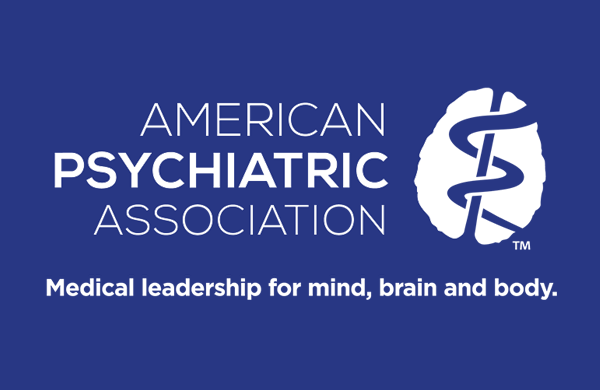This is a different phenomenon. We are talking about fresh grad's options. If you went to no-name school and no name residency but through thick and thin got a faculty position somewhere fancy, or developed a local reputation, obviously that's a different story.
Hell if you do your fellowship somewhere fancy that can help, and we all know fellowships are easy as hell to get into. In fact many IMGs go train at named fellowships specifically to get the name on their CV.
I'm talking about the average below 50% grad with an average below 50% CV--you work at a community site job after residency or middle of the road practice, how do you compare apples with apples. If you are med student, if you are thinking about this field and in preparing yourself for the next decade, what are the possible pain spots, etc. Work hard match well and continue working hard to develop your practice after you graduate, and you'll be less likely to be relegated to bottom barrel jobs and compete with NPs.

